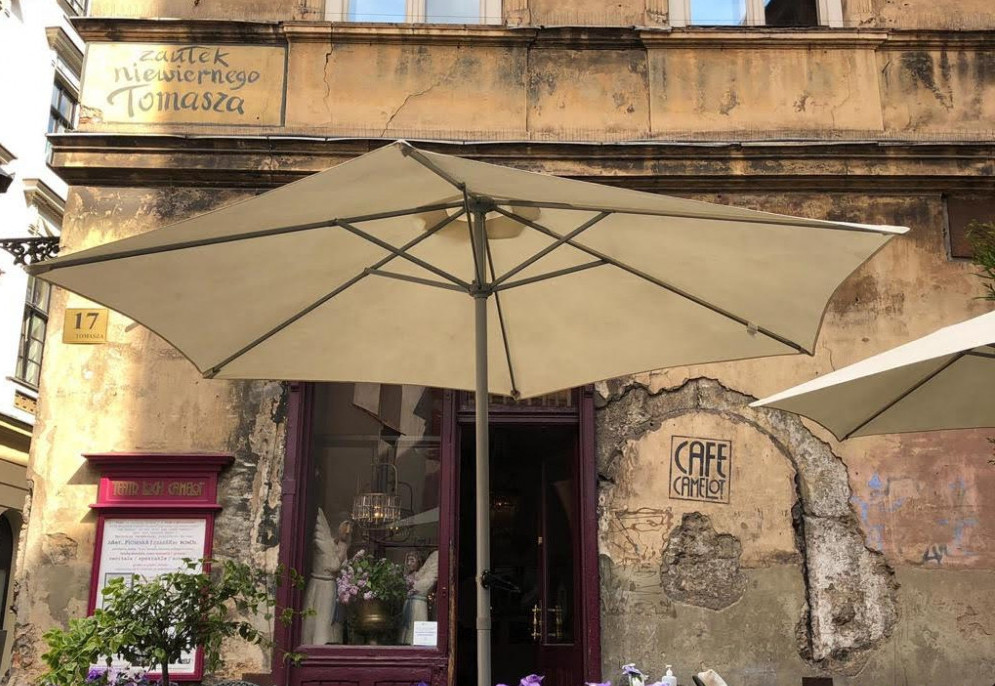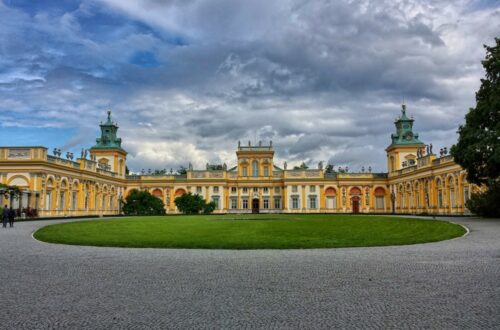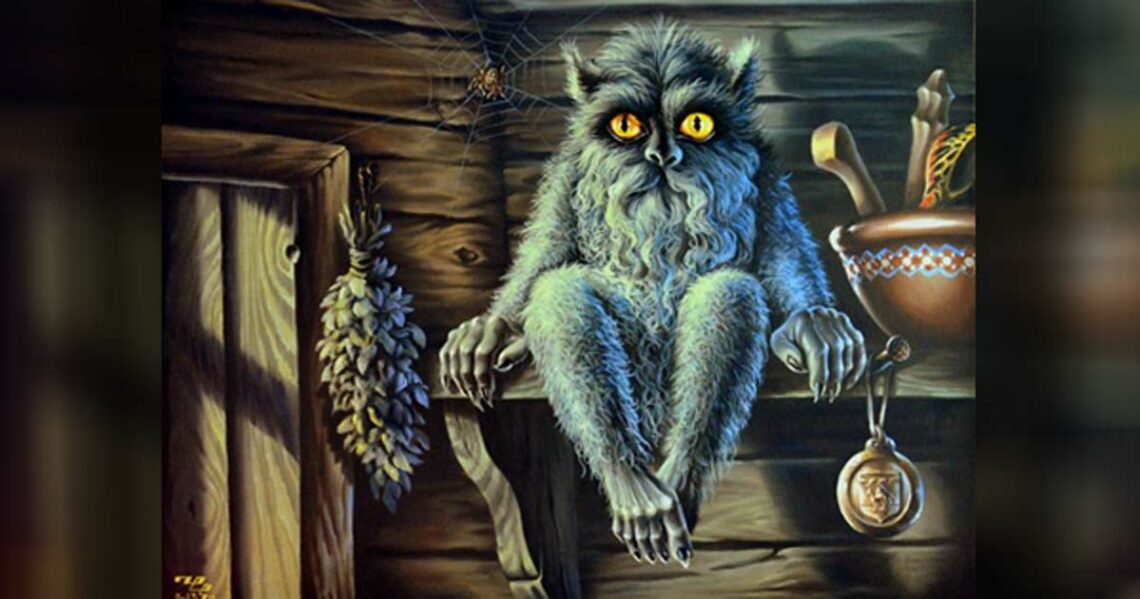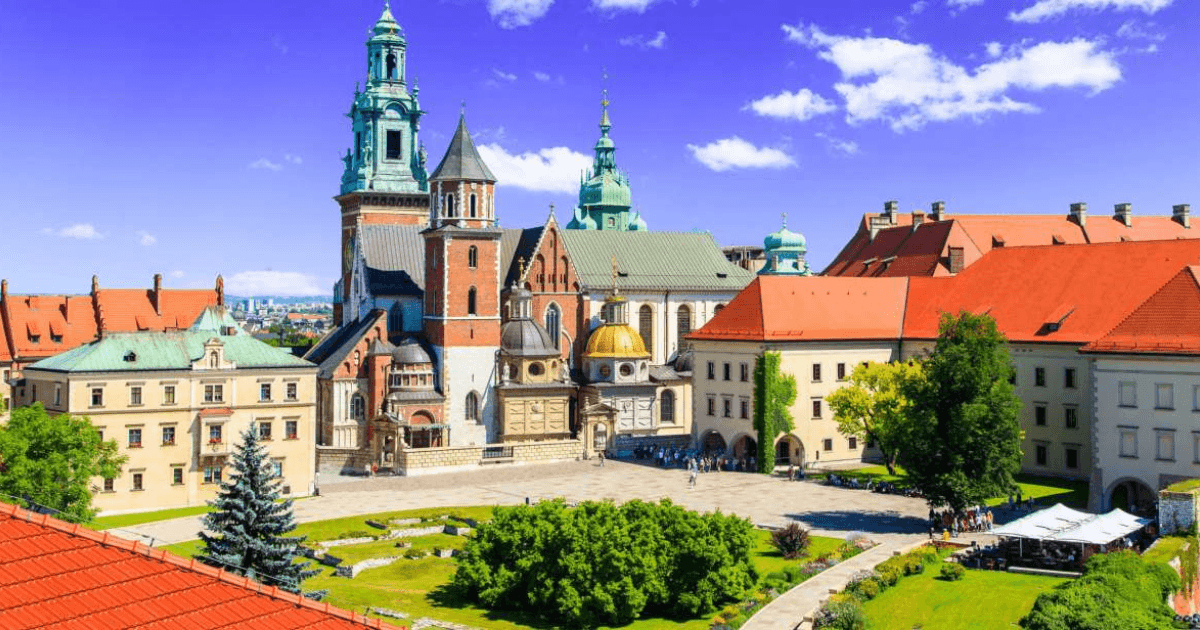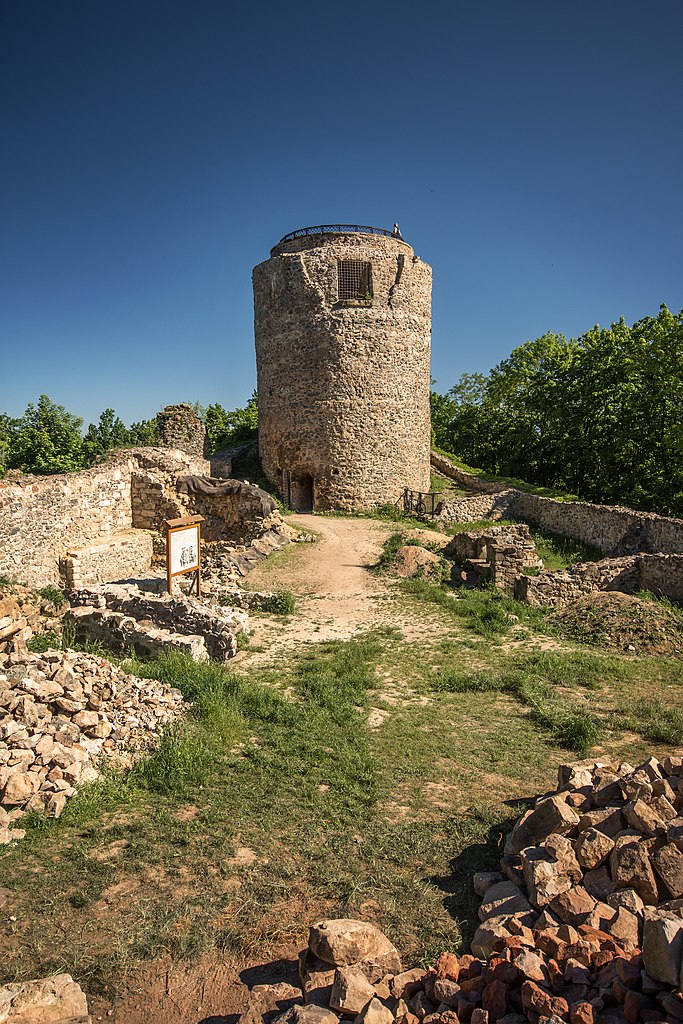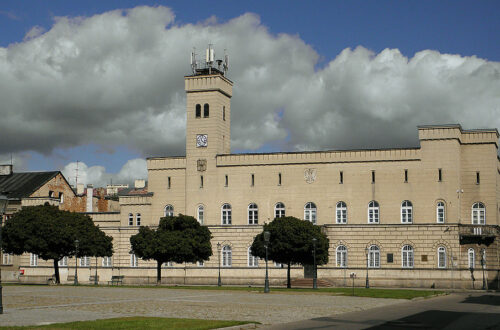-
An Guide to Poland’s Most Captivating Legends
The Legend of the Wawel Dragon (Smok Wawelski) The legend tells of a fearsome dragon that lived in a cave on Wawel Hill, terrorizing the residents of Krakow. The King promised his daughter’s hand to anyone who could slay the beast. A humble cobbler named Skuba came up with an ingenious plan. He filled a sheepskin with sulphur and left it outside the dragon’s den. The dragon devoured it and became so thirsty that it drank from the river until it burst. Skuba was hailed as a hero, married the princess, and they lived happily ever after. The Legend of the Warsaw Mermaid (Warszawska Syrenka) This legend begins with a…
-
Experience the Magic of Krakow in Three Days: Your Ultimate Itinerary
Are you ready to immerse yourselves in a city that’s a pulsating blend of history, culture, and modernity? Krakow, Poland’s former royal capital, is a city that effortlessly weaves together past and present into a compelling tapestry. In the next three days, we are going to explore this enchanting city, from its cobblestone streets and sprawling marketplaces to its poignant historical sites and delectable cuisine. This 3-day itinerary is designed to help you experience the best of Krakow, whether you’re a history enthusiast, a culinary explorer, or a curious wanderer. So pack your bags and lace up your comfortable shoes – our journey in Krakow begins now! Day 1: Step…
-
A Journey into Slavic Mythology: Ancient Beliefs, Deities, and Modern Adaptations
The Slavic people are a diverse group that spans across Eastern Europe like Poland, Russia, and the Balkans. They have a rich history dating back to around the 5th century, during which they lived in tribes, often isolated from each other due to geographic barriers. Despite this, they shared a common language and culture, including their beliefs and traditions. The Slavs were polytheistic, meaning they worshipped multiple gods, much like the Greeks and Romans. Their belief system was deeply rooted in nature and the elements, as well as ancestral worship. They believed in a universe divided into three parts: the heavens, inhabited by gods; the earth, occupied by humans and…






